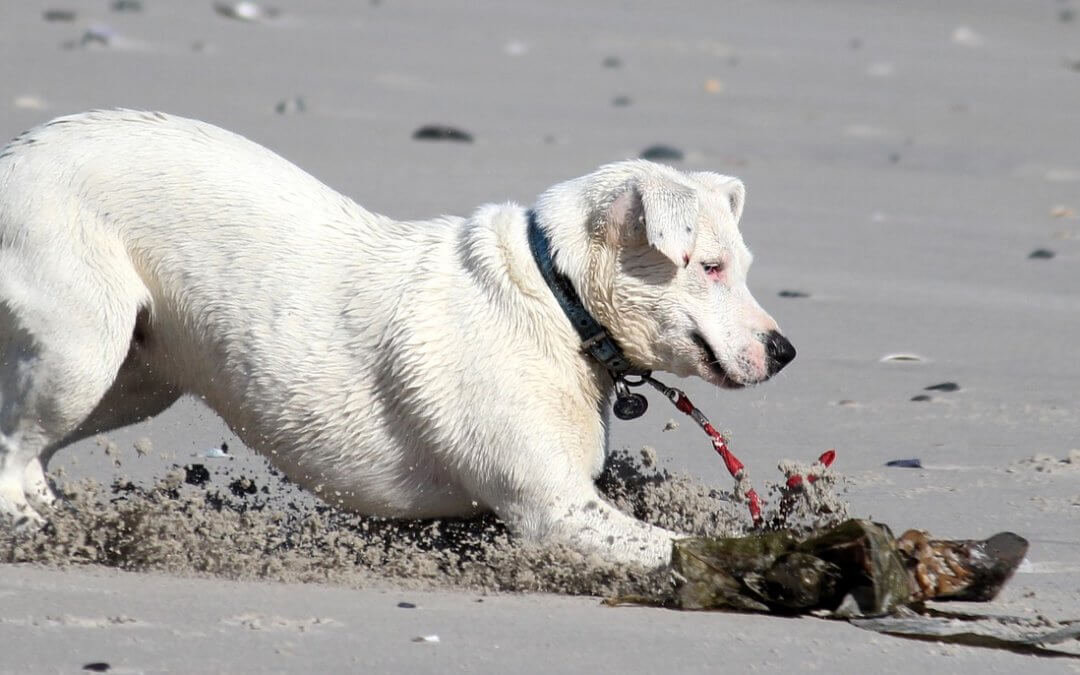Leptospirosis in dogs
As you may be aware there have been recent reports in the media of cases of leptospirosis identified in dogs in Melbourne. Leptospirosis is not a disease we commonly see in Melbourne and you may have a few questions. We are hoping this blog will help to answer these questions but please feel free to contact the clinic if you have any further concerns.
What is leptospirosis?
Leptospirosis is a disease caused by the Leptospira species of bacteria. Leptospira bacteria thrive best in warm, damp conditions with outbreaks commonly linked with recent flooding. Leptospirosis is an extremely uncommon infectious disease in Melbourne, however we are aware of some cases on the outskirts of Melbourne in recent months. These have NOT specifically been in the Cranbourne area.
How does infection occur?
Dogs become infected by leptospires when mucous membranes (mouth) or a skin wound comes into contact with infected urine. The bacteria can live in water, soil, plants and exists in the urine of infected animals.
What clinical signs are evident?
Clinical signs seen with Leptospirosis can vary greatly but may include:
- Fever
- Lethargy
- Weight loss
- Off food
- Vomiting and diarrhoea
- Bruising
- Acute liver disease
- Acute liver disease
- Respiratory distress
Due to the wide ranging and often vague clinical signs seen with Leptospirosis, if you are concerned about your pet being unwell then it is always best to get them checked by the vet. If Leptospirosis is suspected then testing can be completed
Can it be treated?
Yes. Leptospirosis can be treated with antibiotics. Further supportive care and intensive treatment may be required in some cases.
Is there a vaccination for Leptospirosis?
Yes there is a vaccination available for certain strains of Leptospira species. This vaccination is however not a core or routine vaccination in Melbourne. It is optional if you feel your pet is at risk. The vaccination does not provide 100% protection but will reduce the severity of clinical signs if your pet becomes infected.
Is my dog at risk?
Dogs that are exposed to the following situations may be at greater risk of Leptospirosis, however it is a very uncommon disease:
- Access to contaminated or unfiltered water
- Exposure to urine of infected animals
- Exposure to wildlife that may be infected (most commonly rats)
- Raw meat or offal.
Is there a risk to human health?
Leptospirosis is a zoonotic disease, meaning it can spread from dog to humans. We recommend always practicing good hygiene with washing hands. If you have any concerns about exposure then you are best to talk to your GP.






